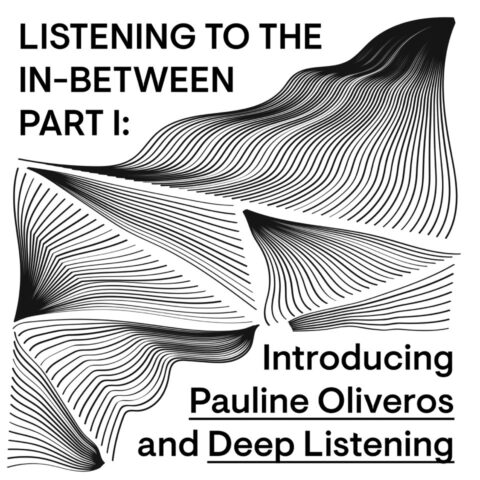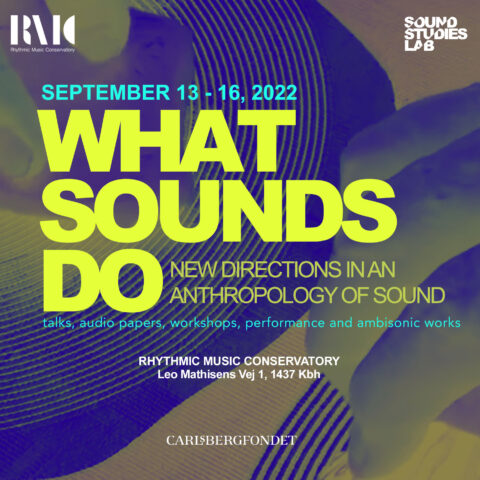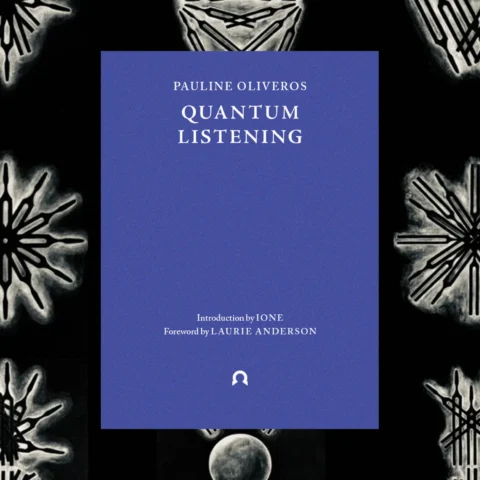Sonic Virtuality: Sound as Emergent Perception
Mark Grimshaw & Tom Garner
In Sonic Virtuality: Sound as Emergent Perception, authors Mark Grimshaw and Tom Garner introduce a novel theory that positions sound within a framework of virtuality. Arguing against the acoustic or standard definition of sound as a sound wave, the book builds a case for a sonic aggregate as the virtual cloud of potentials created by perceived sound. The authors build on their recent work investigating the nature and perception of sound as used in computer games and virtual environments, and put forward a unique argument that sound is a fundamentally virtual phenomenon.
Grimshaw and Garner propose a new, fuller and more complete, definition of sound based on a perceptual view of sound that accounts more fully for cognition, emotion, and the wider environment. The missing facet is the virtuality: the idea that all sound arises from a sonic aggregate made up of actual and virtual sonic phenomena. The latter is a potential that depends upon human cognition and emotion for its realization as sound. This thesis is explored through a number of philosophical, cognitive, and psychological concepts including: issues of space, self, sonosemantics, the uncanny, hyper-realism, affect, Gettier problems, belief, alief, imagination, and sound perception in the absence of sound sensation.
Provocative and original, Grimshaw and Garner’s ideas have broader implications for our relationship to technology, our increasingly digital lives, and the nature of our being within our supposed realities. Students and academics from philosophy to acoustics and across the broad spectrum of digital humanities will find this accessible book full of challenging concepts and provocative ideas.






